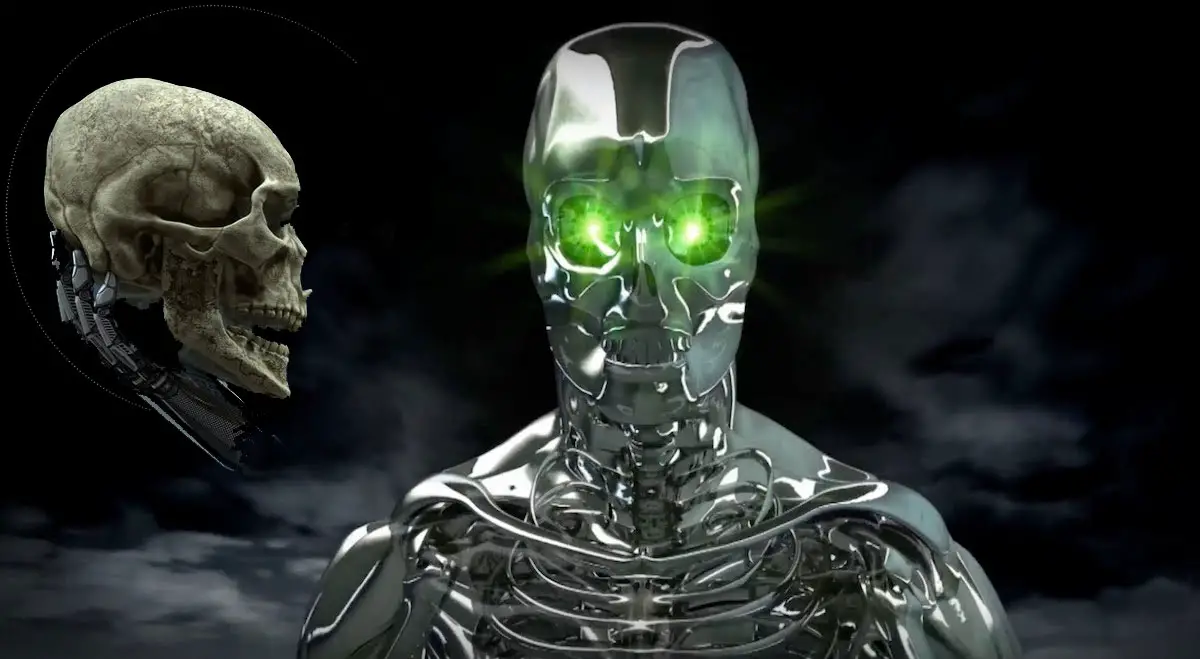Artificial Intelligence (AI) has undoubtedly transformed a multitude of industries, ushering in a new era of efficiency and innovation. Whether it’s the analysis of vast datasets, predictive insights, enhanced productivity, or automated task execution, AI has certainly brought substantial benefits to the table. However, alongside its advantages, AI also carries a host of risks and dangers that cannot be overlooked.
In this article, we’ll delve into the top 12 risks and dangers associated with Artificial Intelligence and how they impact both the market and individuals.
1. Employment Disruption and Economic Turmoil
The extensive use of Artificial Intelligence raises legitimate concerns about job displacement across various sectors, including manufacturing, healthcare, and marketing. AI’s ability to perform routine tasks with speed and precision threatens job security for many. According to McKinsey, nearly 30% of hours currently performed in the U.S. economy are at risk of automation, with vulnerable communities being disproportionately affected.
2. The Era of Deepfakes
AI algorithms can generate incredibly convincing fake content, including videos, audio, emails, and text – commonly referred to as deepfakes. These manipulated media can be used for fraudulent purposes, spreading misinformation, impersonation, and the creation of false evidence, posing a significant threat to individuals and organizations.
3. Privacy Breaches
AI’s data-driven nature leads to potential privacy infringements. Collecting vast amounts of data, including personal information, facial recognition, and data mining, AI has the capability to monitor individuals’ private lives, raising concerns about consent and surveillance.
4. Biased Algorithms Due to Faulty Data
Bias in AI systems is a major concern. If AI is fed biased data, the outcomes produced by AI algorithms will also be biased. This bias can perpetuate inequality and discrimination, affecting real-world scenarios, from hiring processes to surveillance.

5. Socioeconomic Disparities
AI-driven automation disrupts the job market, leading to economic disparities. Individuals who can adapt to new opportunities coexist with those who struggle to do so. The demand for skilled AI professionals further accentuates the divide, creating socioeconomic inequalities.
6. Market Volatility
AI-driven trading algorithms have increased market volatility. These algorithms can make rapid decisions, reacting swiftly to market changes, often exacerbating fluctuations, especially during high-stress situations.
7. Uncontrolled Self-Aware AI
The rapid progress of AI may lead to self-aware AI that surpasses human control, raising concerns about its potential malicious use. Reports have surfaced suggesting that AI chatbots are already demonstrating sentience.
8. Security Threats
The development of AI-driven technologies introduces new security challenges, including adversarial attacks, data breaches, and privacy violations. Such vulnerabilities are particularly concerning in applications like natural language processing and image recognition.

9. Autonomous Weapons
AI has transformed the landscape of warfare, introducing autonomous drones and robotic swarms. These lethal autonomous weapons pose significant ethical and humanitarian concerns, as they may struggle to distinguish between targets and innocent individuals.
10. Lack of Accountability
AI’s complex decision-making processes can be challenging to understand, making accountability difficult. Transparency is crucial, as business leaders and developers must be held responsible for AI systems, especially when biased or unsafe decisions are made.
11. Human Dependency on AI
The widespread integration of AI into various industries has made humans increasingly dependent on it. From customer service interactions to data analysis, AI’s efficiency and convenience have made society reliant on it. However, ethical concerns arise as AI becomes more integral to daily life.
12. Ethical Dilemmas
AI’s choices can have profound ethical implications, particularly in situations where life-and-death decisions are involved, such as autonomous vehicles and criminal justice systems. It’s crucial to prioritize ethical considerations in AI development.
Is AI Detrimental to Society?

While AI can lead to job displacement and raise concerns about privacy and security, it’s not inherently detrimental to society. Rather, its potential for harm depends on how it’s developed, implemented, and regulated. AI’s impact should be carefully managed to ensure that its benefits outweigh its risks.
In conclusion, Artificial Intelligence is a powerful tool that can bring about significant advancements, but its potential pitfalls and dangers must be addressed responsibly. By being aware of these risks and taking appropriate measures, we can harness the full potential of AI while mitigating its adverse effects on society.

